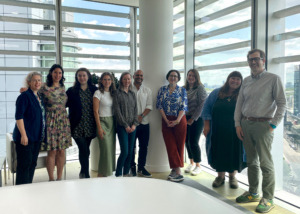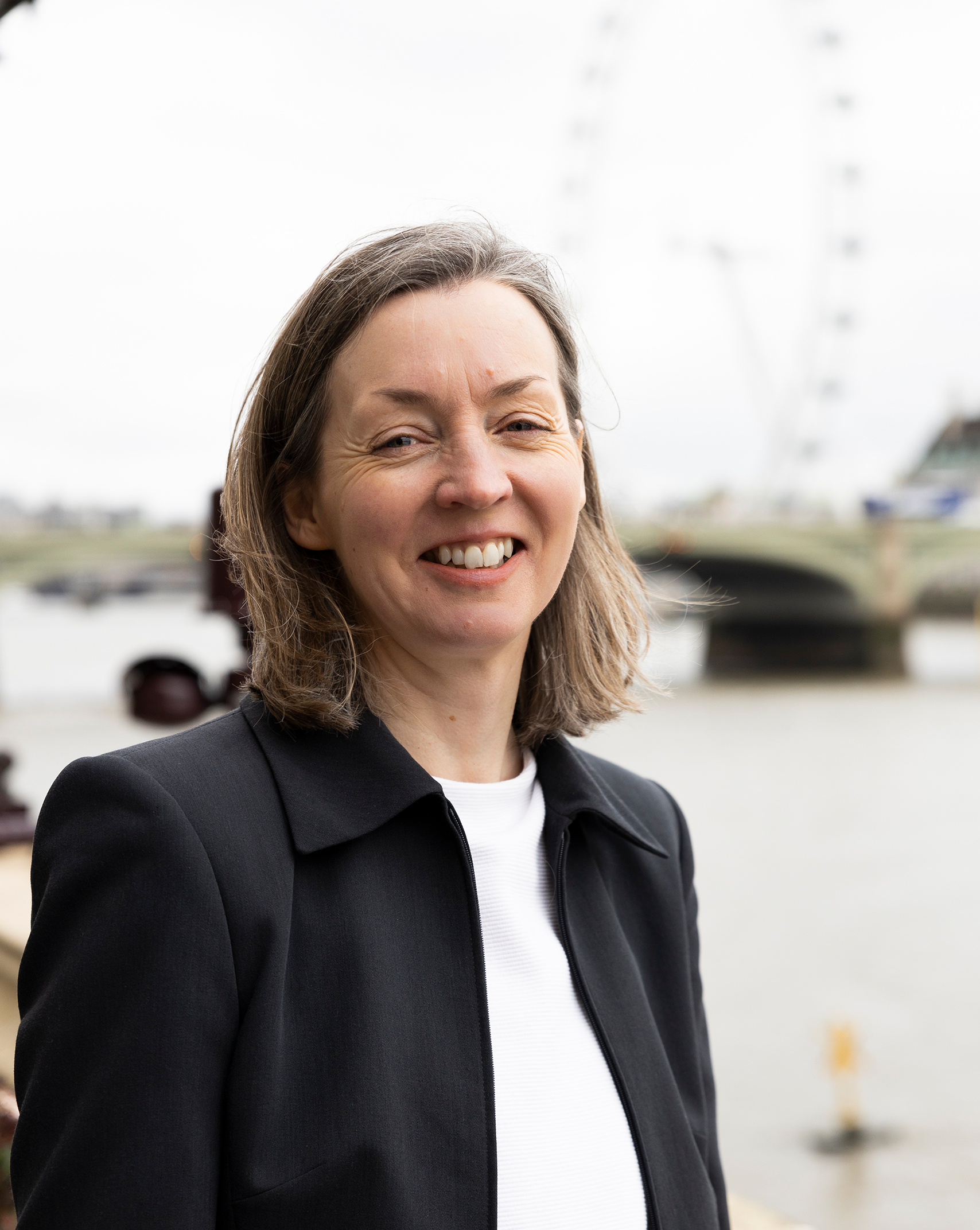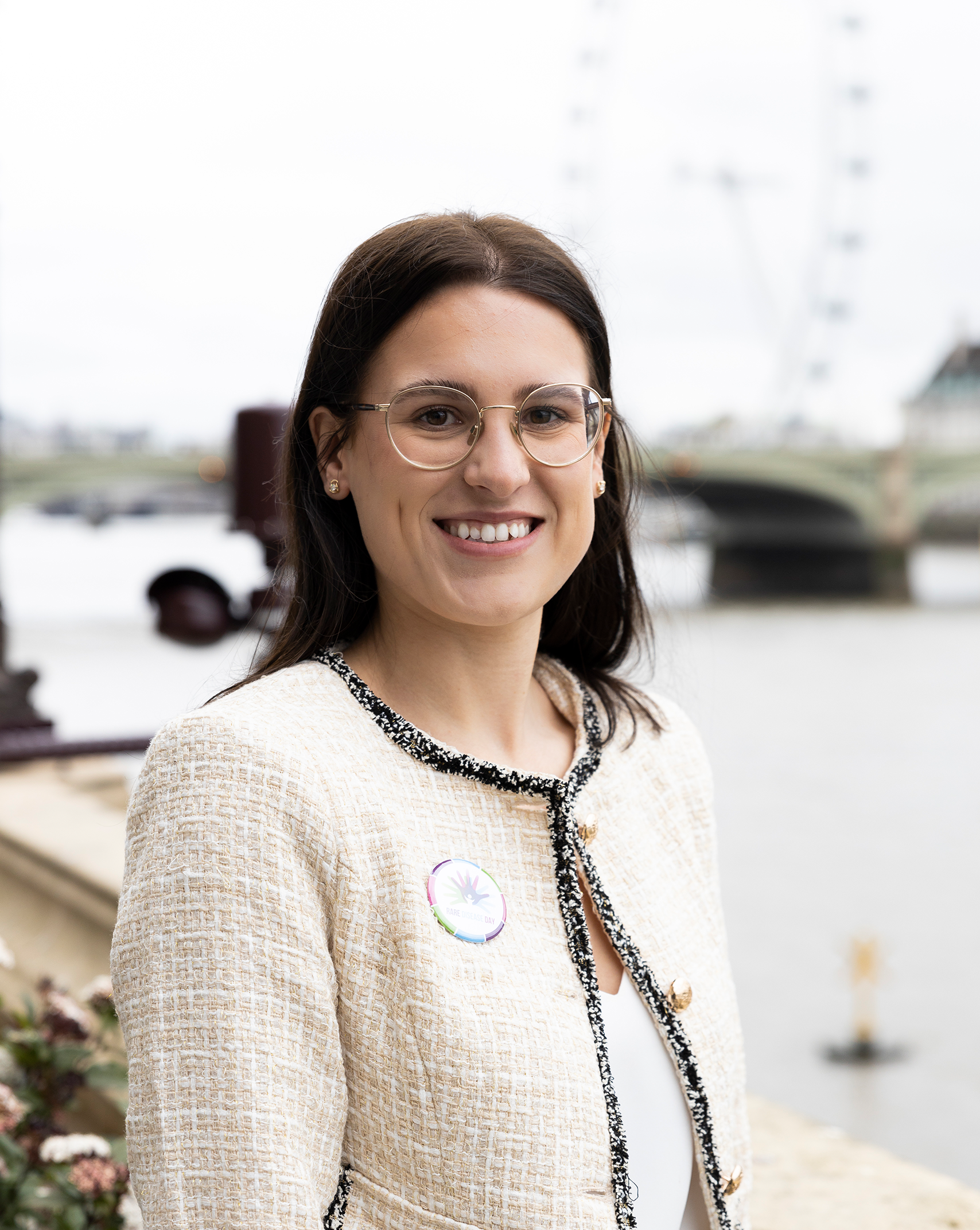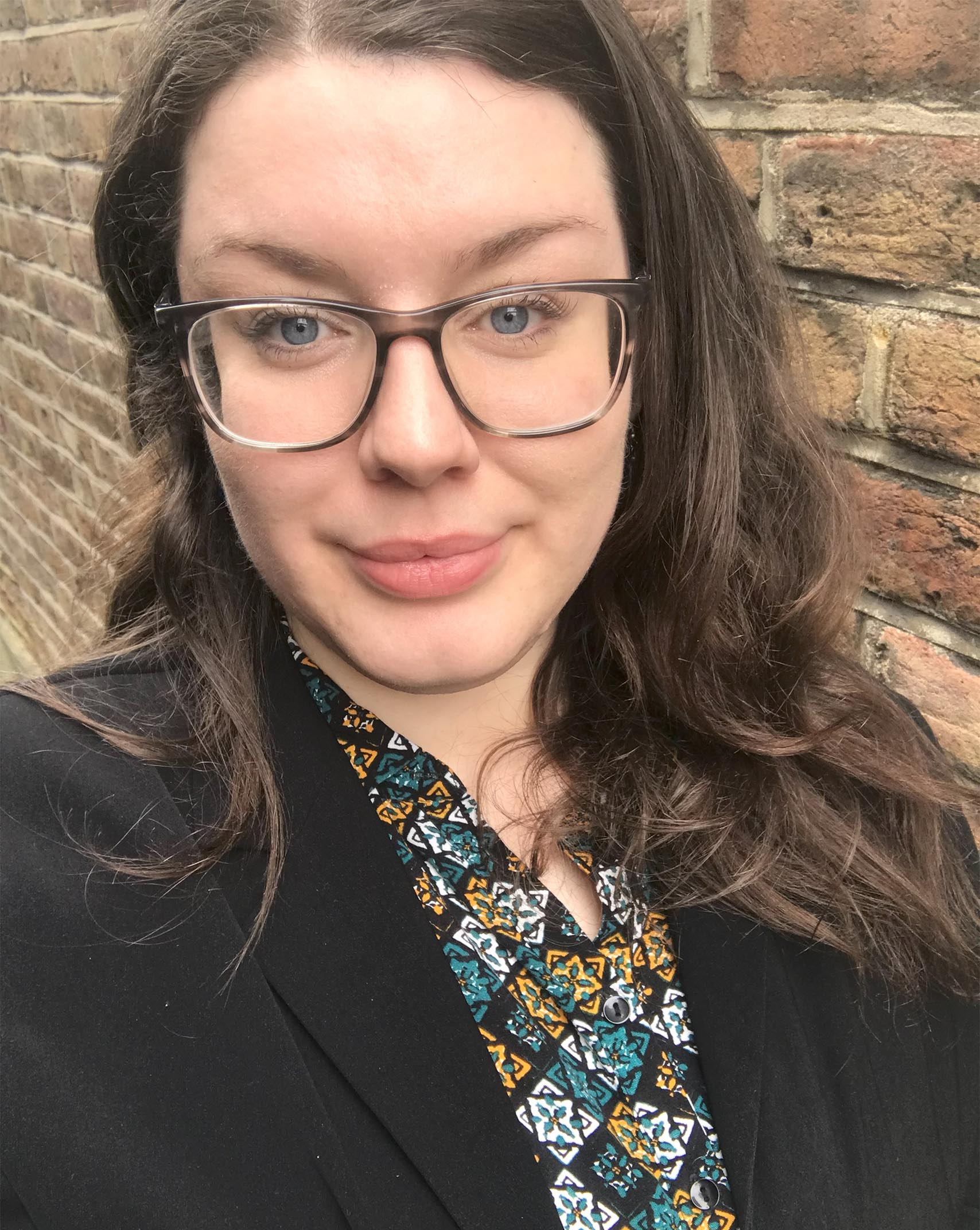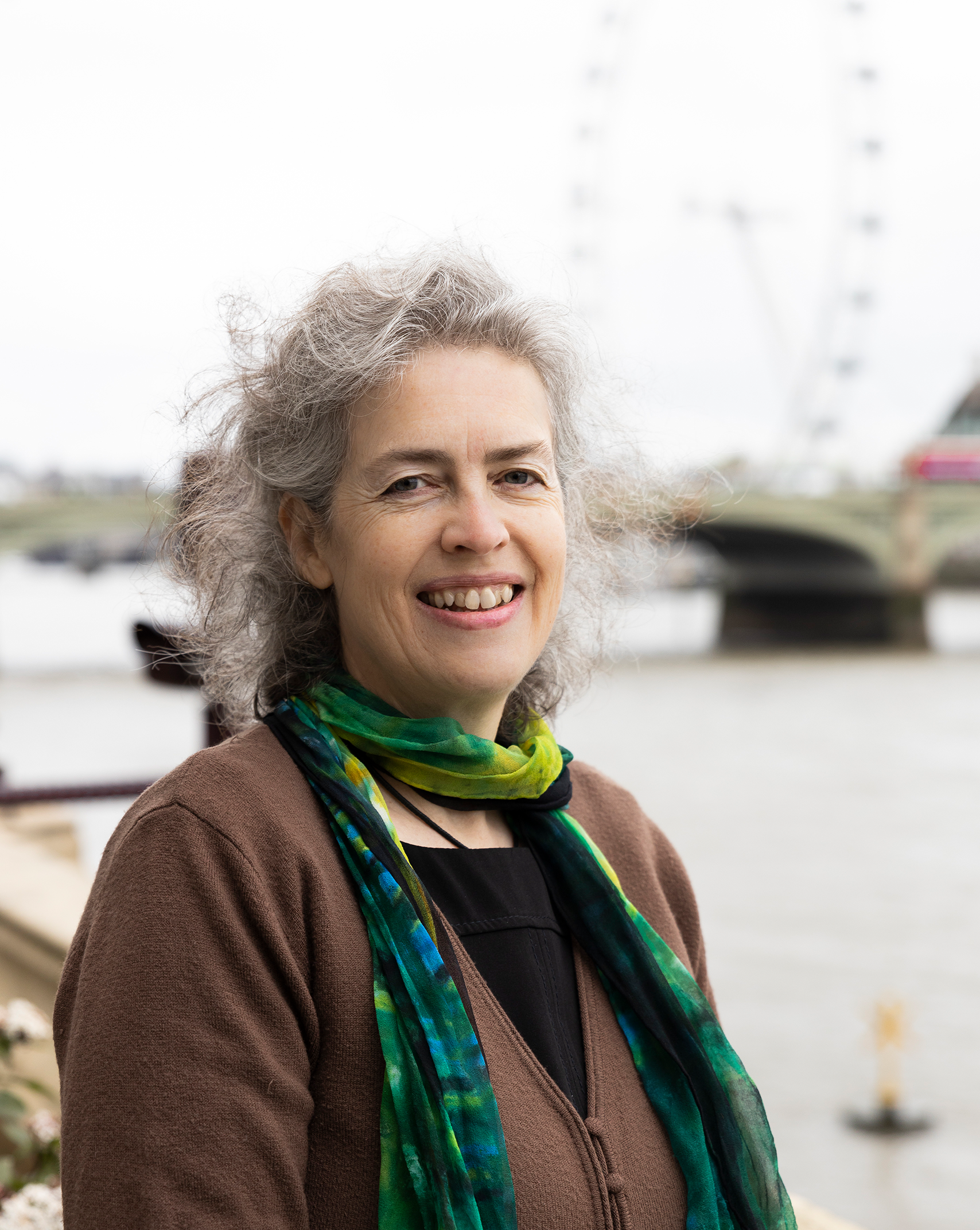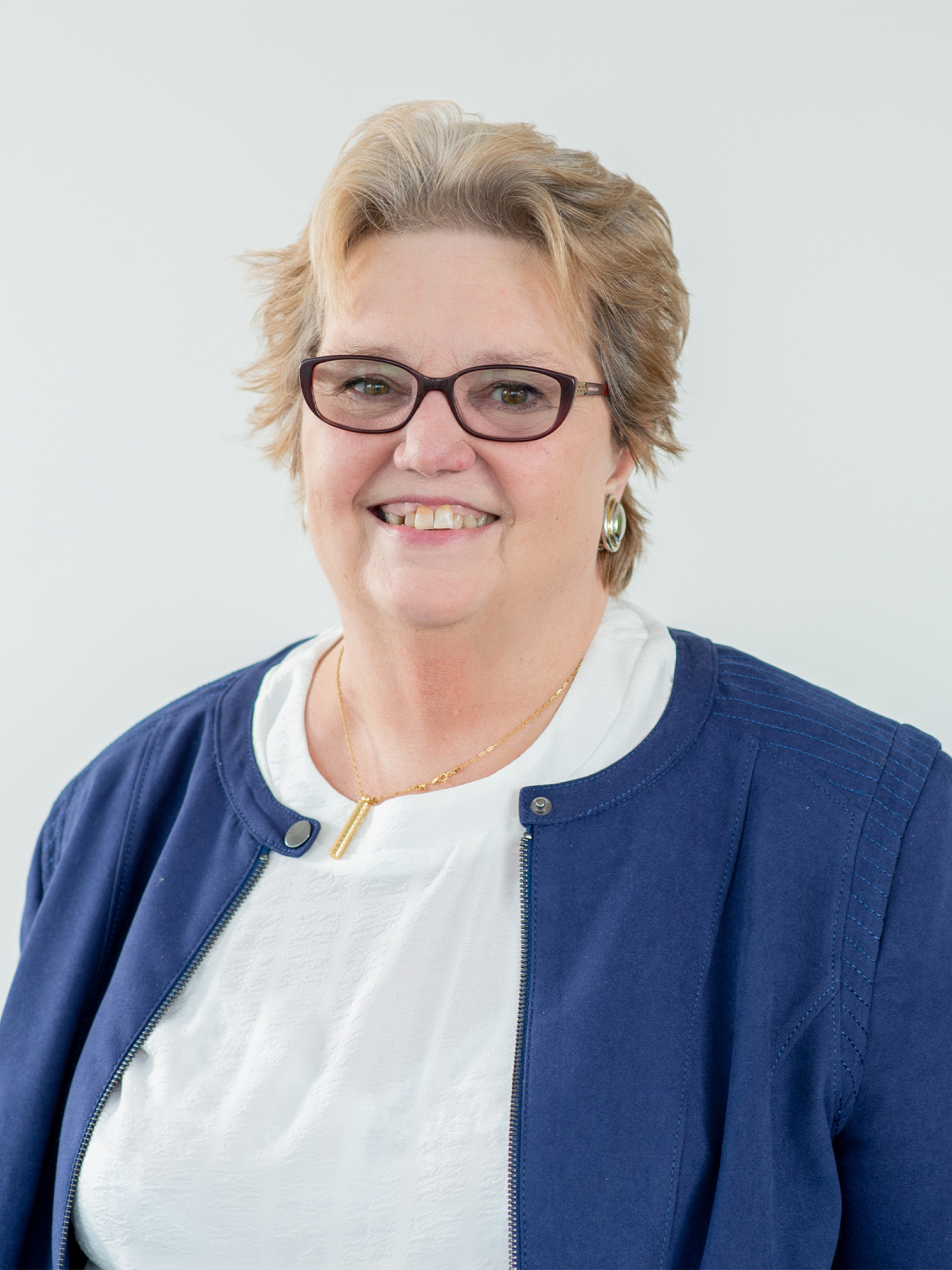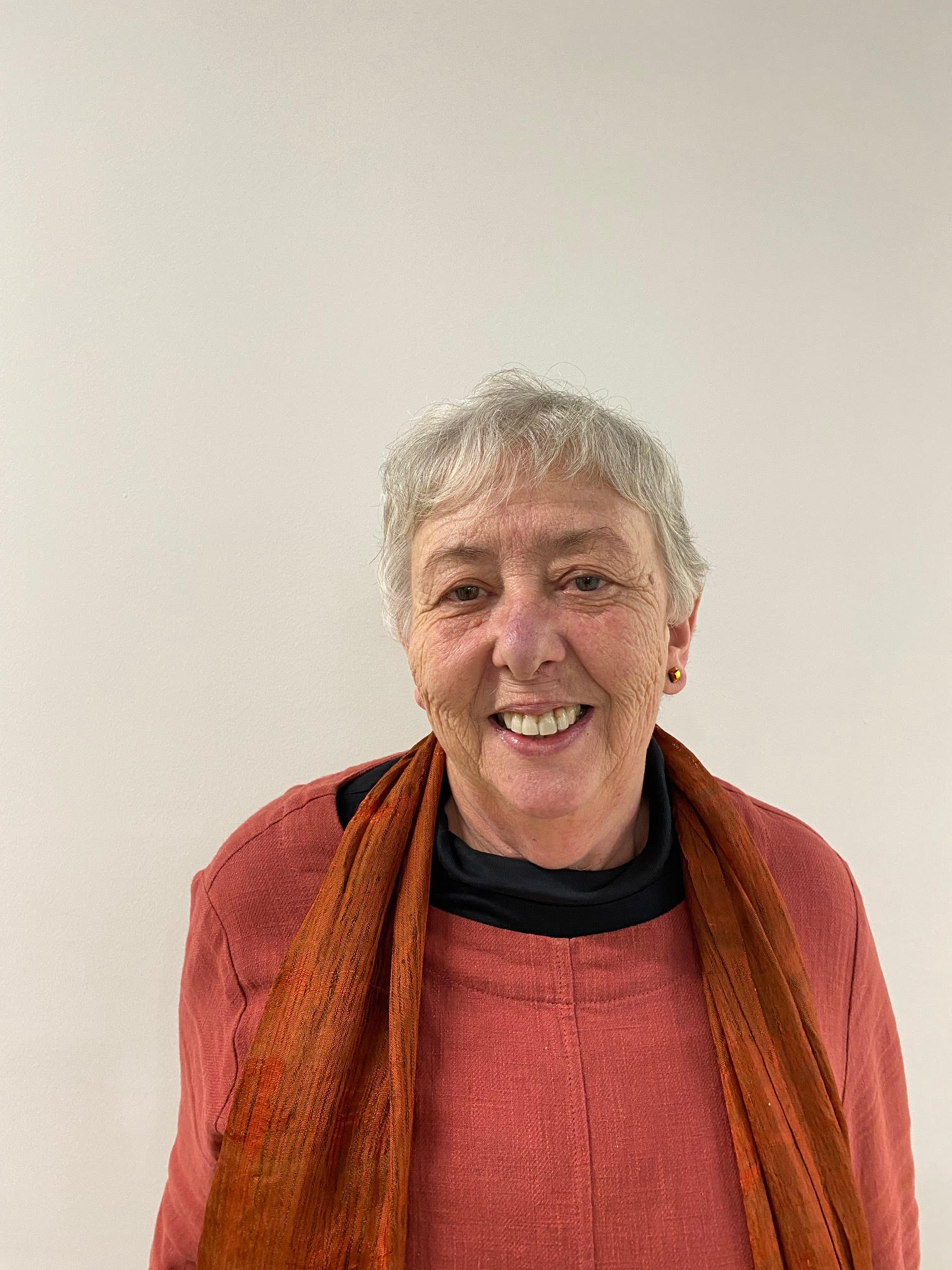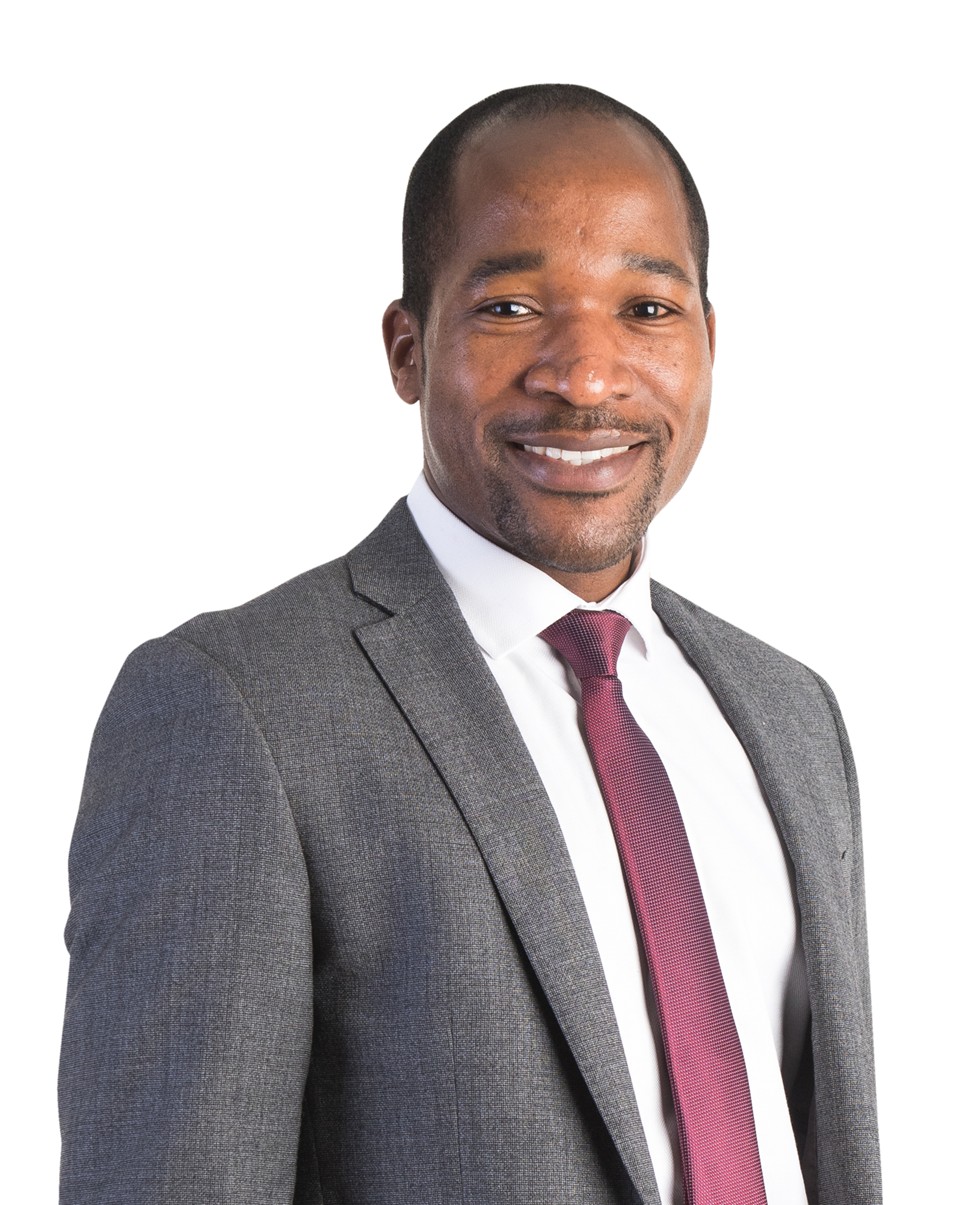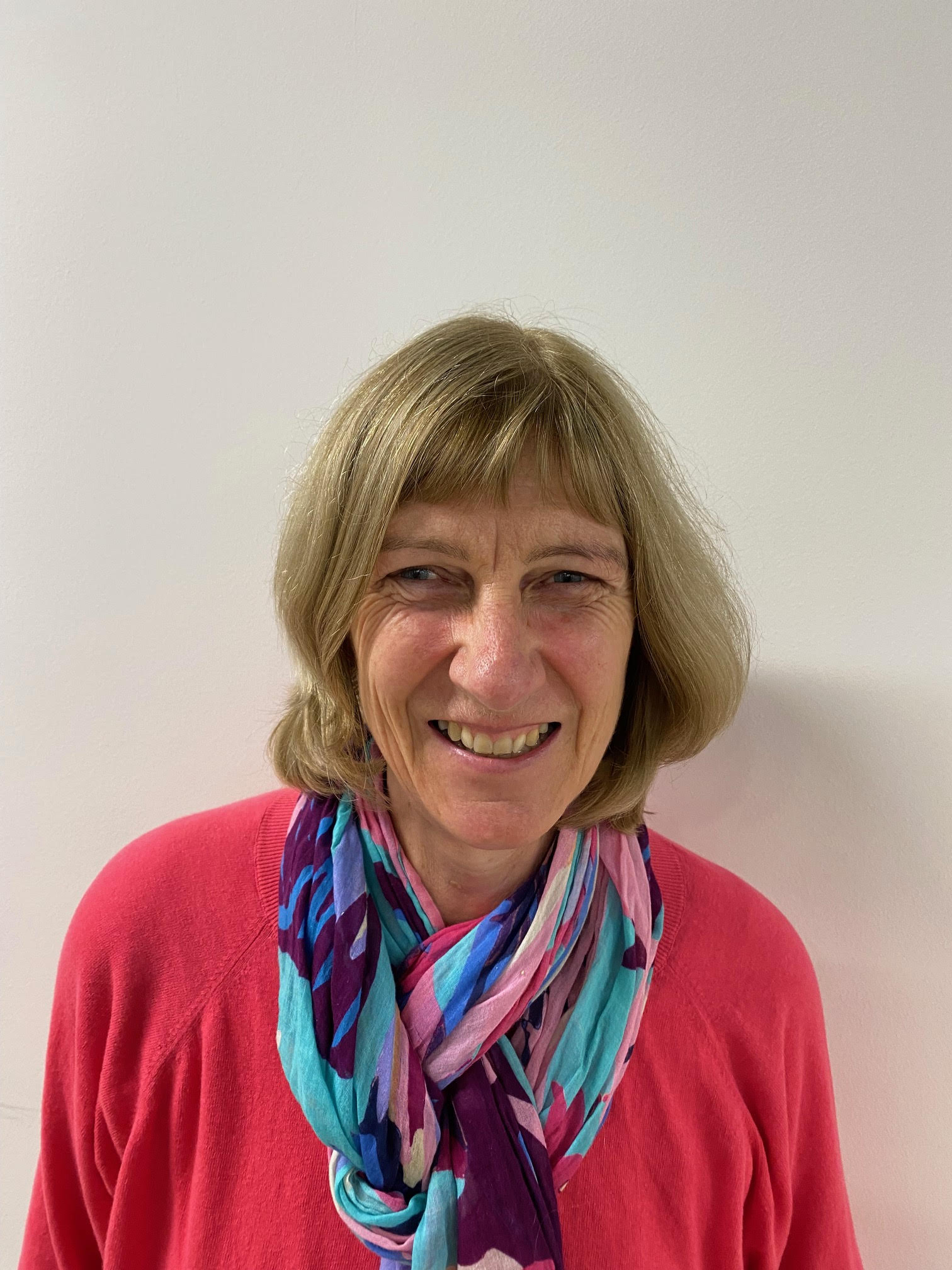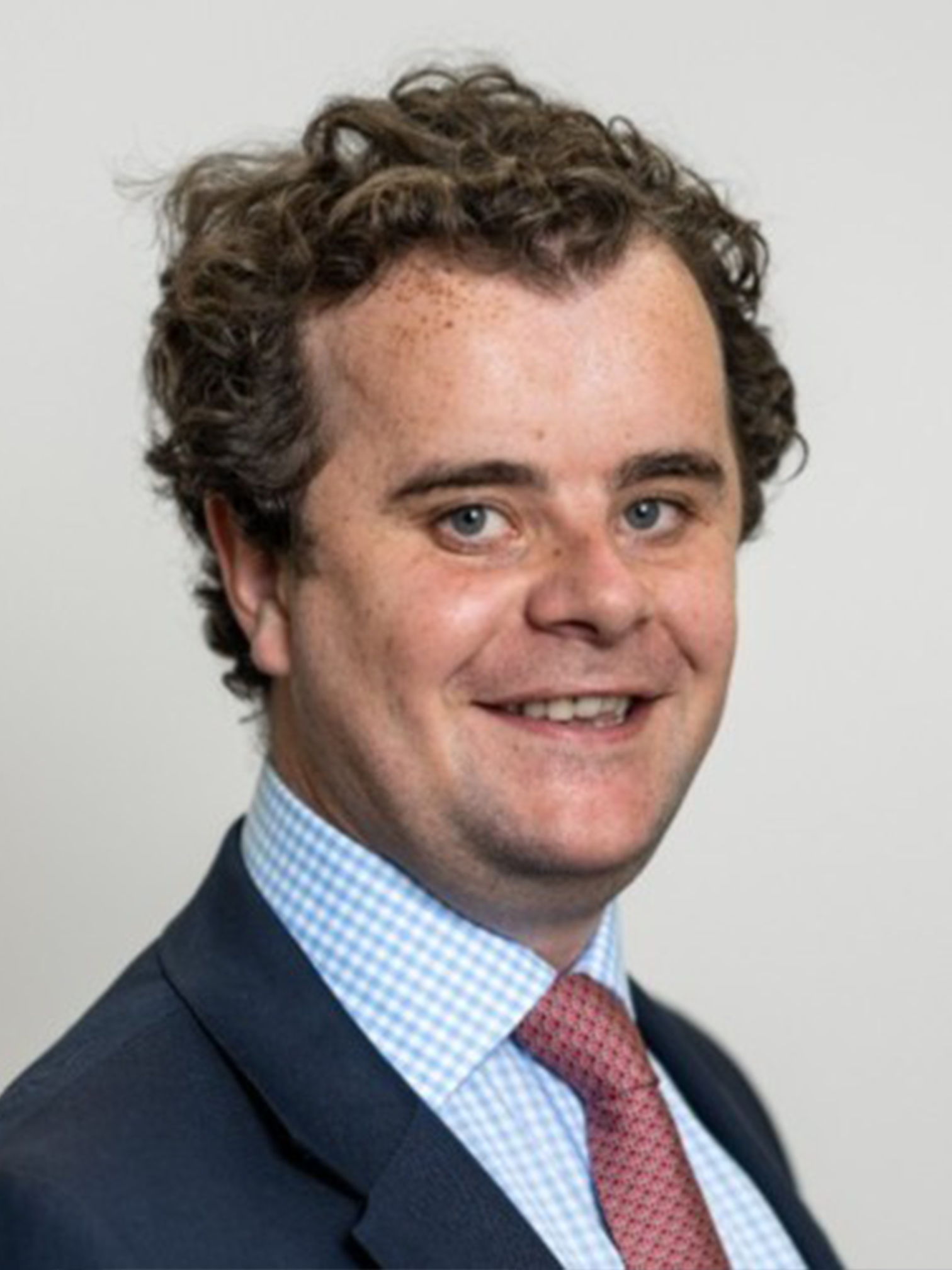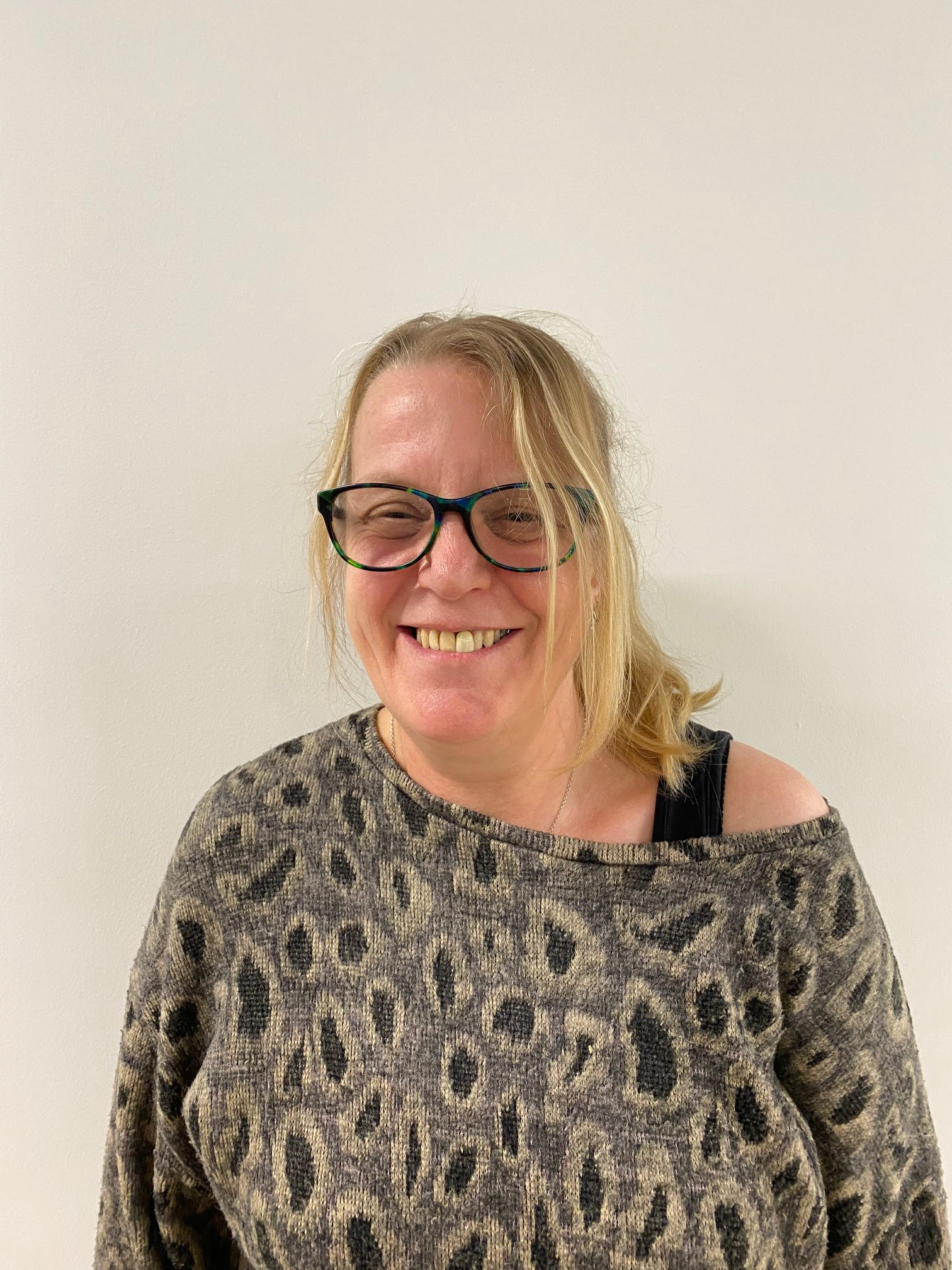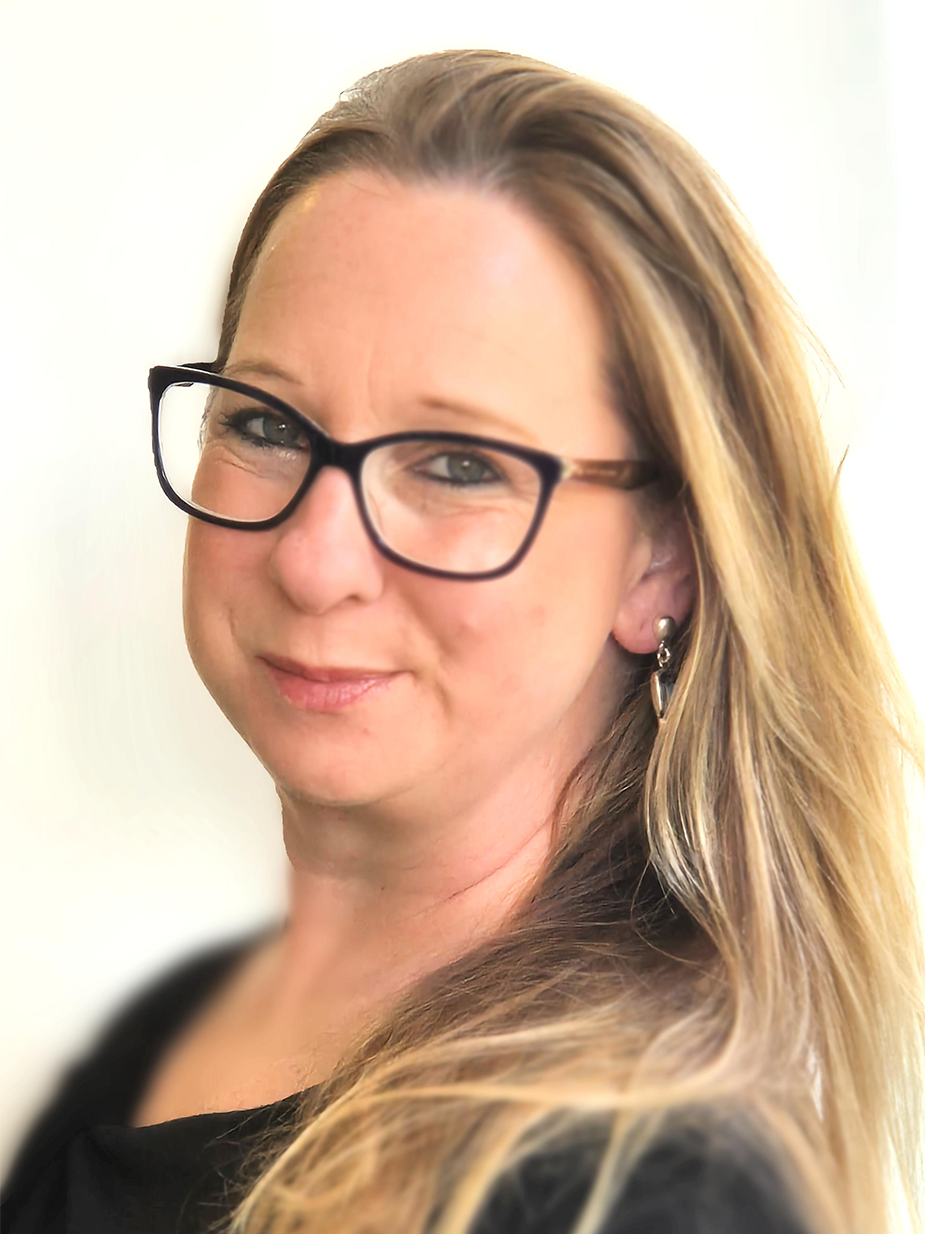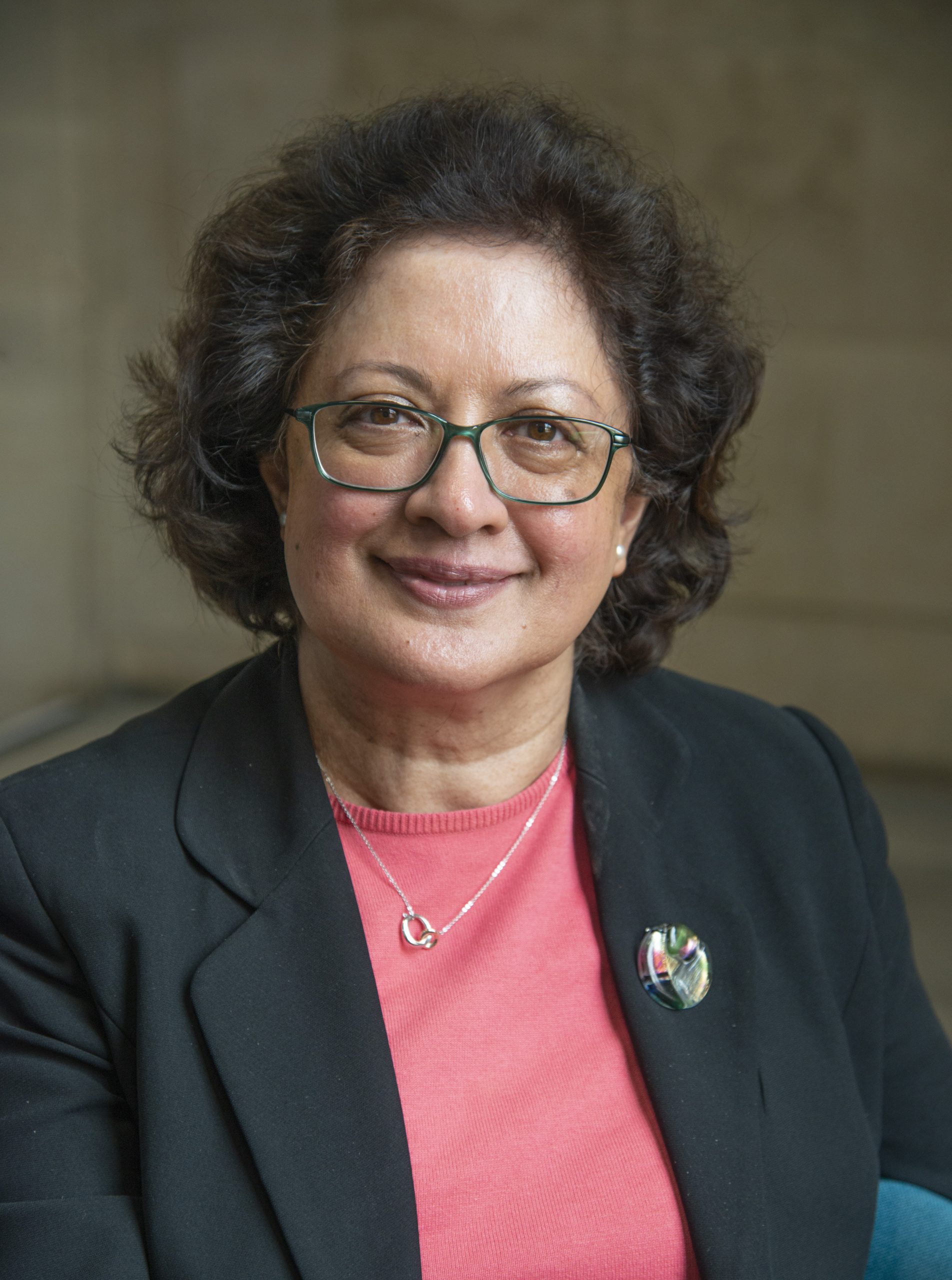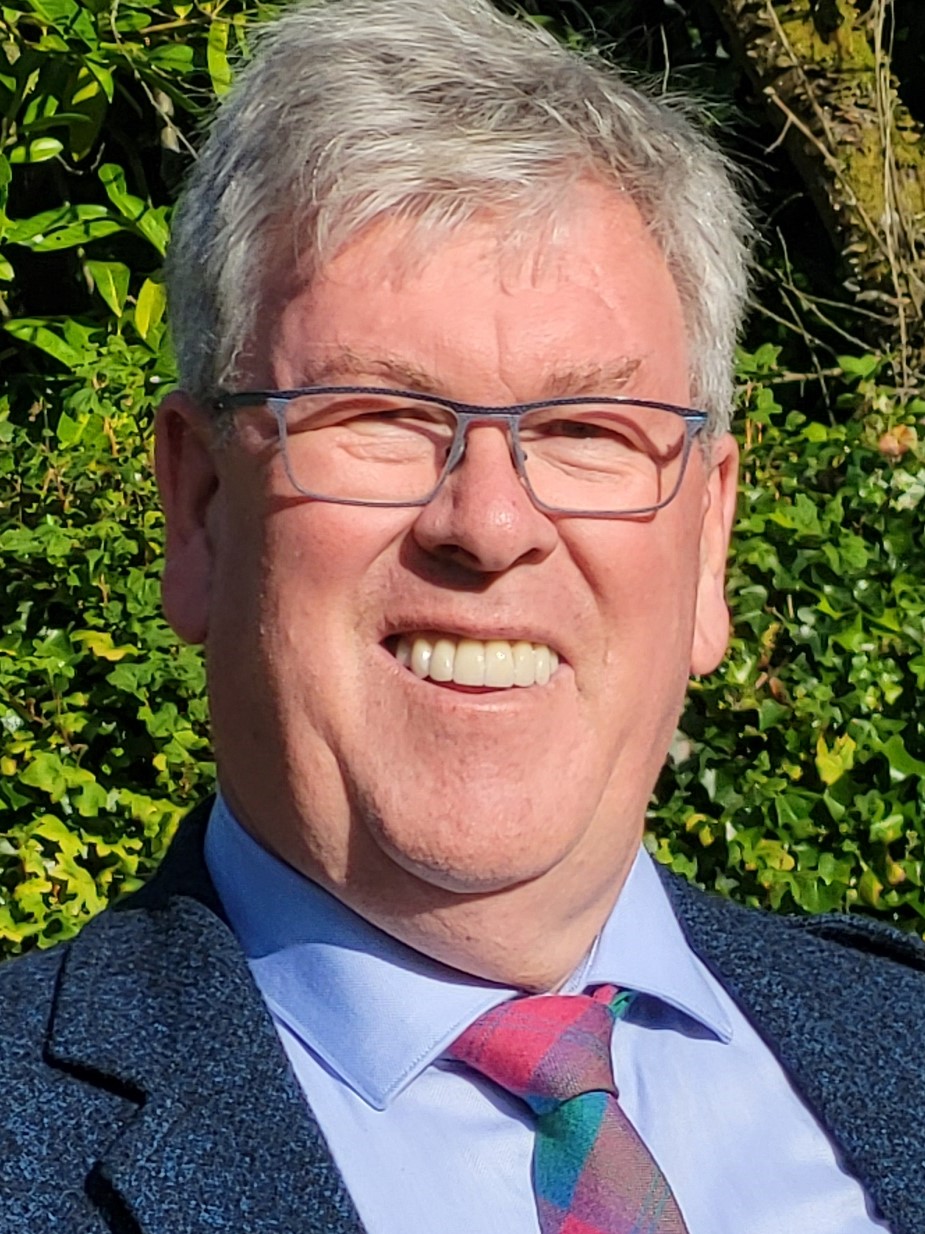Genetic Alliance UK makes a huge difference to the lives of people with a genetic, rare or undiagnosed condition thanks to the strengths and commitment of our staff, trustees and members.
Our highly experienced and dedicated staff lead on daily activities at the charity. With strong expertise across the charity, health, research and public policy sectors, we’re proud of the high impact that our staff team has in meeting our goals.
The overall strategic direction and governance of Genetic Alliance UK is overseen by our Board of Trustees. 9 of our trustees are elected by members to ensure that the challenges and opportunities facing our member organisations and the people they represent are at the heart of everything we do. 3 of our trustees are appointed to bring their diverse perspectives and professional expertise to the Board. Many of our trustees have lived experience of genetic and rare conditions, either personally or through a close family member.
